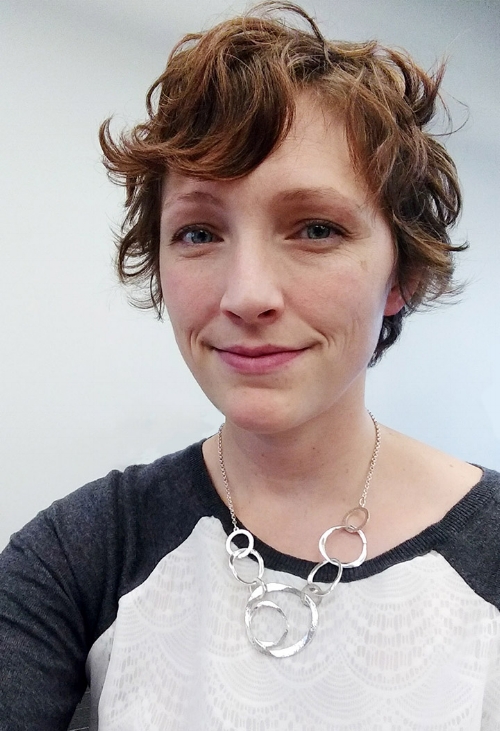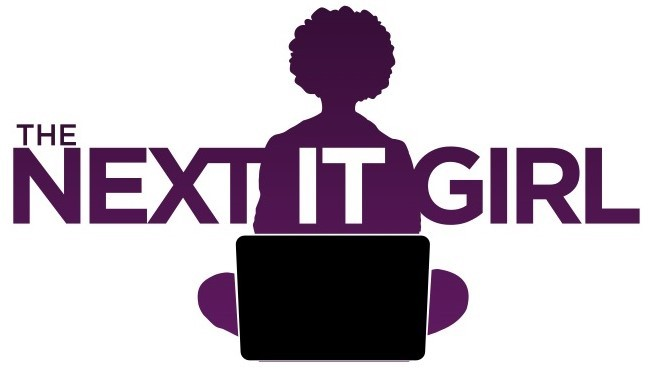103: Achieving Goals In Tech, With or Without Passion
The advice to follow your dreams is everywhere. Whether you think that’s inspiring or cliché, you can hardly avoid being told by well-meaning friends and picture quotes on social media to pursue your passions, give it your all, and never stop til you’ve achieved your goals. I’ve always struggled with that idea, because… what if you aren’t sure what your goal is?
Maybe you think working in tech seems like a good goal, in a vague sort of way. After all, it sounds kind of exciting, as far as white-collar jobs go. New things are always happening. Plus those jobs often pay well, there are lots of opportunities out there, and there will probably be job security for decades. But “tech” is a huge umbrella, and even if you can narrow it down to “I want to be a programmer” or “I want to work for Apple,” there are still a ton of options, and it’s not like there’s a list out there to show you all the choices. And if you don’t have a concrete goal in mind, it can be hard to feel passionate or know where to start.
When I graduated high school, I followed the standard advice. I loved reading and writing, so I decided that my goal was to be a book editor. My favorite teachers, my parents, and my friends all encouraged this. But 15 years later, I wish I could go back and give myself more practical advice. Pick tech instead.
“But I don’t know much about it. I like English more than STEM subjects,” I can hear myself reply.
I’d tell myself what I tell you now: You’ll learn! Just pick a class, whether at college or through a free online resource like EdX, Udemy, or Kahn Academy. It will be hard at first. It will be confusing. You won’t know what the jargon means. You’ll feel dumb sometimes. But remember: 99% of people working in tech are not geniuses. Most of them are average people who have learned how to do a job. You are smart enough to do that too, so Google your questions and stick with it. The more you’re exposed to this stuff, the more it will start to make sense. And the more you learn about it, the more opportunities you’ll see.
I ended up in my current tech job (which does actually involve a lot of writing) because the hard facts of the world meant that I needed a job with good pay and good benefits. So I took free classes on programming with Java and HTML. I did some networking, and spent time online researching the company, what its software does, and the industry so that I could know what I was talking about in my interviews. Even so, my first few months on the job were really confusing. I read lots of training materials, but they didn’t make a lot of sense to me. I asked my coworkers a lot of questions, and I looked online for lots of answers. Slowly but surely, things clicked into place.
Do I feel like I’m “following my dreams”? TBH, no. But that doesn’t bum me out at all. I really like my job. It uses my skills and also teaches me new things every week. I’ve found out by accident that I actually enjoy coding emails and analyzing data tables. I’m not a pro at those things now, but I’m gradually building skills that can lead me to other opportunities over the next 30 years of my career. Now that I’m working in tech, I see many other possibilities, and the future looks bright.
So instead of telling you to follow your dreams, I’ll use a different platitude: A journey of a thousand miles begins with a single step. Just get started.

Caitie Copple is passionate about nature, gardening, good books, and her family, but realizes that these interests would not make good jobs for her. She happily works for a major software company, and plans to explore tech jobs for the rest of her career.
